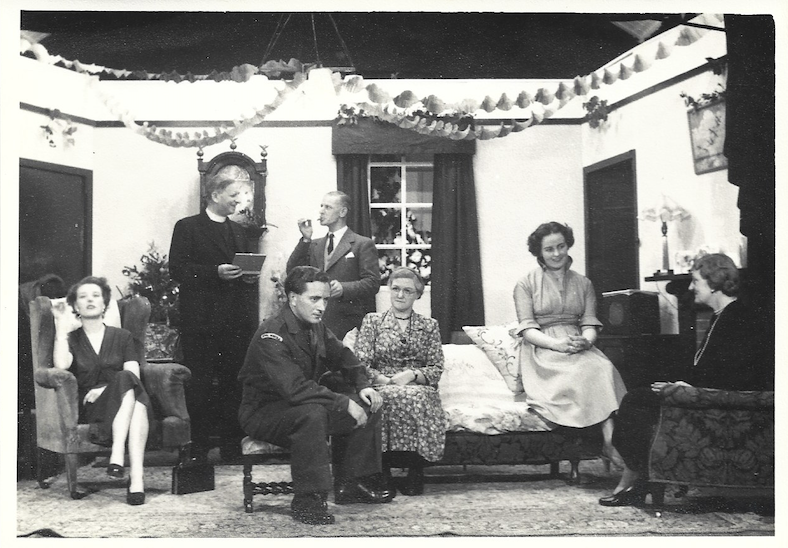Christmas shopping usually means a visit to the high street or browsing online retailers, but the season of giving can be a good time to make sure you’re maximising your opportunities for inheritance tax reliefs, whether to family, friends, or charity, while spreading some seasonal cheer.
While larger gifts may be taken into account for inheritance tax purposes, anyone can make smaller gifts without tax being considered, as long as some simple rules are followed.
Broadly, these come under two headings: gifts where the exemption is automatic if the gift fits the rules, and those where the exemption must be claimed after death, such as gifts out of surplus income. The exemption includes gifts to charities or political parties, gifts on marriage or civil ceremony (subject to the limits stated below), an annual exemption of £3000, and small gifts up to £250 per person.
Any number of so-called small gifts can be made each year, of up to £250 per recipient, with no limit on the number of recipients if no one person receives more than £250. If anyone receives more than £250, then the whole small gift exemption in relation to that recipient is lost for the year, not just the excess. Gifts include money, household and personal goods, property, land, and stocks and shares. Gifts can also include any money you lose when you sell something for less than it is worth.
The annual exemption of £3000 can be used to make gifts to one or more people. There’s an added benefit if the allowance isn’t fully used in any year, as any remaining allowance can be carried forward one year. It cannot be combined with the small gift exemption for any one individual.
In any tax year, you can also give a cash gift when a friend or family gets married or has a civil ceremony. The limit is £5000 for a child and £2500 for a grandchild, or £1000 for those outside immediate family, whether a friend, niece, or cousin.
You can also make payments to help with another person’s living costs, such as an elderly relative or a child under 18.
If you’re looking to give to charity this Christmas, it’s worth knowing that gifts to charities and political parties will not count towards the total taxable value of your estate. You can also cut the Inheritance Tax rate on the rest of your estate from 40% to 36% if you leave at least 10% of your ‘net estate’ to a charity.
When it comes to relief on gifts from surplus income, record-keeping is essential as the gift will only qualify for exemption if it is part of a regular pattern of giving, and if you can demonstrate that you maintained your normal standard of living after making the gifts and all other usual expenditure.
The exemption for gifts from surplus income must be claimed after death, by the executors of a person’s Will, and can be used for any regular payments, such as monthly contributions to a grandchild’s savings account or payment of school fees or making regular gifts on special occasions such as birthdays and Christmas.
Any other gifts made to individuals will be potentially exempt transfers (PETs), which become exempt if you survive the making of the gift by seven years. Otherwise, the value will be brought into account for inheritance tax purposes. Further, it is important if you want a gift to become exempt for inheritance tax purposes that you do not retain any benefit from the gift.
If you are considering larger gifts this Christmas and need some advice, or would like to discuss anything in this article, please contact our Wills, Tax & Probate team on 01953 606351.















